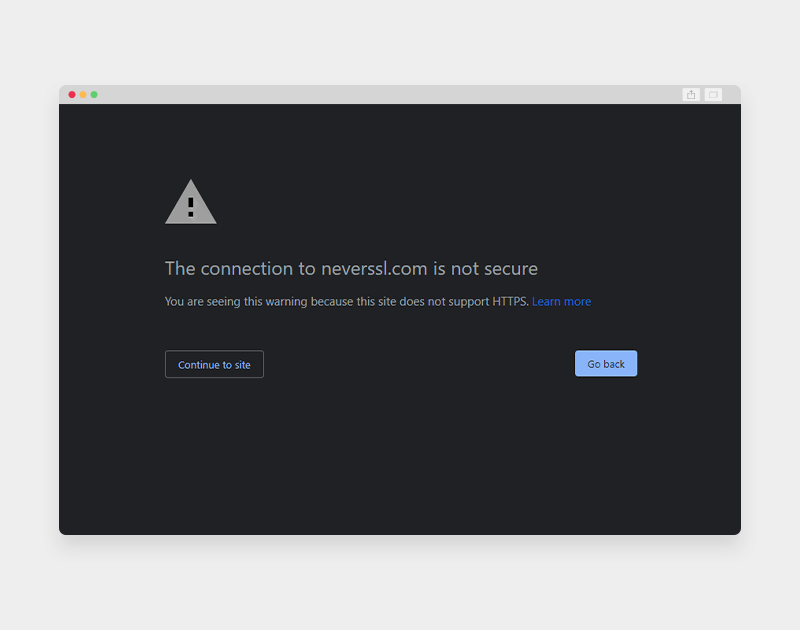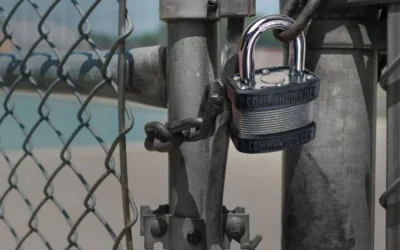SSL certificates are an important part of securing your website, and also help you look professional and reputable to customers.
In this article, we’ll talk about how to get a secure SSL certificate and serve your website over HTTPS, as well as going through the different types of SSL certificates that are out there, and the process of getting one from your web hosting provider.
What is an SSL certificate and why is it important?
The term “SSL” stands for Secure Sockets Layer, and an SSL certificate is what secures the transmission of data between a browser and a server.
For example, if you’re making a payment online, SSL protects the card information that you enter into the website as it’s transmitted to the server that processes your payment.
Having an SSL certificate is also how to make your website HTTPS secure, and display the small padlock that shows your website as being protected.
SSL certificates have been an essential part of protecting data on websites for many years, but in the past they were mostly used for websites where payments were processed, or if sensitive data was being shared.
Today they’re used across all types of website, and browsers are encouraging this trend of forcing websites to use HTTPS, by showing websites without SSL encryption as being “Not Secure”.
When do you need an SSL certificate?
Ideally, every website should be secured with an SSL certificate. In the past, SSLs were only really necessary if you were selling things through your website or asking for sensitive data, but that’s all changed in the last few years.
Recently browsers have been encouraging all websites to use SSL certificates, with Google even taking steps to show websites without SSL security as being unsafe.
This began with a greyed out “not secure” sign in the address bar.

This is now evolving into a full warning page if someone attempts to use an unsecured website.

As you can imagine, this warning screen is a huge red flag for users, and Google has even made it difficult to ignore the warning and continue, as this option is on a black background to make it less prominent.
This is a massive incentive to ensure that your website has an SSL certificate, so that you can ensure Google and other providers don’t prevent people from visiting your website.
Search engines also rank websites with SSL encryption a little higher, so it’s also a good way to get a small SEO improvement at the same time.
So, do I need an SSL certificate on my website?
Yes, you do! And we recommend you get one ASAP so that you can prevent Google from telling users that your website is unsecure and untrustworthy.
In short, an SSL certificate means:
- Your users’ data is better protected
- They can see that your website is secure
- Search engines rank you a little higher
- Your site doesn’t get blocked by a giant warning message
That’s a lot of benefit for the relatively low cost of installing and renewing your SSL certificate, and we think it’s simply essential for every website.
If you’re still not sure what SSL certificate you need for your website, get in touch to find out more about how we can help with website security and maintenance.


